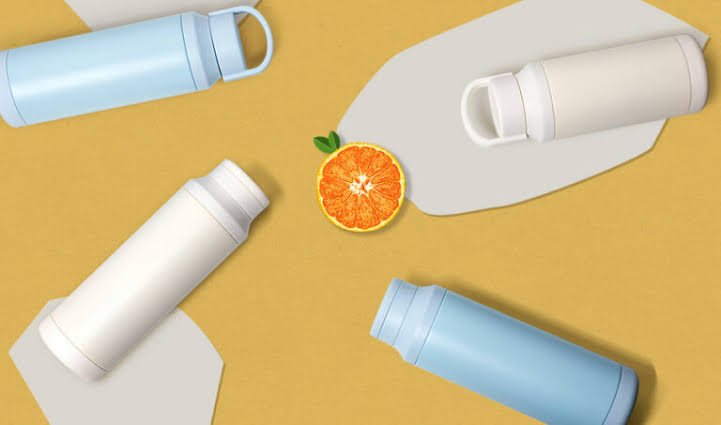When launching a new water bottle brand, selecting the right manufacturer is crucial for your success. The manufacturer you partner with will significantly impact your product quality, production costs, and overall brand image. Here’s a detailed guide to help you make an informed decision:
1. Define Your Brand and Product Specifications
Brand Identity: Clearly define your brand’s values, target audience, and desired positioning in the market.
Product Features: Specify the exact features you want in your water bottles, such as material, size, shape, lid type, and any additional functionalities.
Quality Standards: Determine the level of quality you expect from your products, including certifications and compliance requirements.
2. Research Potential Manufacturers
Online Directories: Explore online directories and marketplaces that list manufacturers specializing in water bottles.
Trade Shows and Exhibitions: Attend industry events to network with potential
manufacturers and learn about their capabilities.
Referrals and Recommendations: Ask for recommendations from industry professionals, suppliers, or other businesses in your network.
3. Evaluate Manufacturer Capabilities
Production Capacity: Ensure the manufacturer can meet your production volume requirements, both initially and as your business grows.
Material Sourcing: Verify if they have reliable sources for the specific materials you need, such as BPA-free plastics, stainless steel, or aluminum.
Manufacturing Processes: Assess their manufacturing facilities and equipment to ensure they can produce bottles that meet your quality standards.
Customization Options: Check if they can accommodate your brand’s unique design preferences and customization needs.
4. Consider Manufacturing Location
Proximity: Evaluate the geographical location of the manufacturer in relation to your target market and supply chain.
Import/Export Regulations: Consider any import or export duties, tariffs, or regulations that may impact your costs and lead times.
Labor Costs: Compare labor costs in different regions to determine the potential impact on your production costs.
5. Assess Quality Control Measures
Inspection Processes: Inquire about the manufacturer’s quality control procedures, including inspection frequency, standards used, and corrective actions.
Certifications: Check if they have certifications or accreditations that demonstrate their commitment to quality, such as ISO 9001 or FDA compliance.
6. Evaluate Cost and Pricing
Production Costs: Request detailed quotes for your desired production quantities, including material costs, labor costs, and any additional fees.
Minimum Order Quantities (MOQ): Determine the minimum order quantity required by the manufacturer and assess if it aligns with your initial production needs.
Pricing Flexibility: Inquire about pricing flexibility, especially if you anticipate changes in production volumes or product specifications.
7. Communicate and Negotiate
Clear Communication: Establish open and effective communication channels with the water bottle manufacturing company to ensure clear expectations and avoid misunderstandings.
Negotiation: Be prepared to negotiate on price, terms, and conditions to secure the best possible deal for your business.
8. Due Diligence and Contractual Agreements
Background Checks: Conduct thorough background checks on the manufacturer to assess their financial stability, reputation, and any previous legal issues.
Contractual Agreements: Carefully review and negotiate a comprehensive contract that outlines the terms and conditions of your partnership, including production quantities, payment terms, quality standards, and intellectual property rights.
By following these guidelines and conducting thorough research, you can choose a manufacturer that aligns with your brand’s vision and helps you achieve long-term success in the competitive water bottle market.
